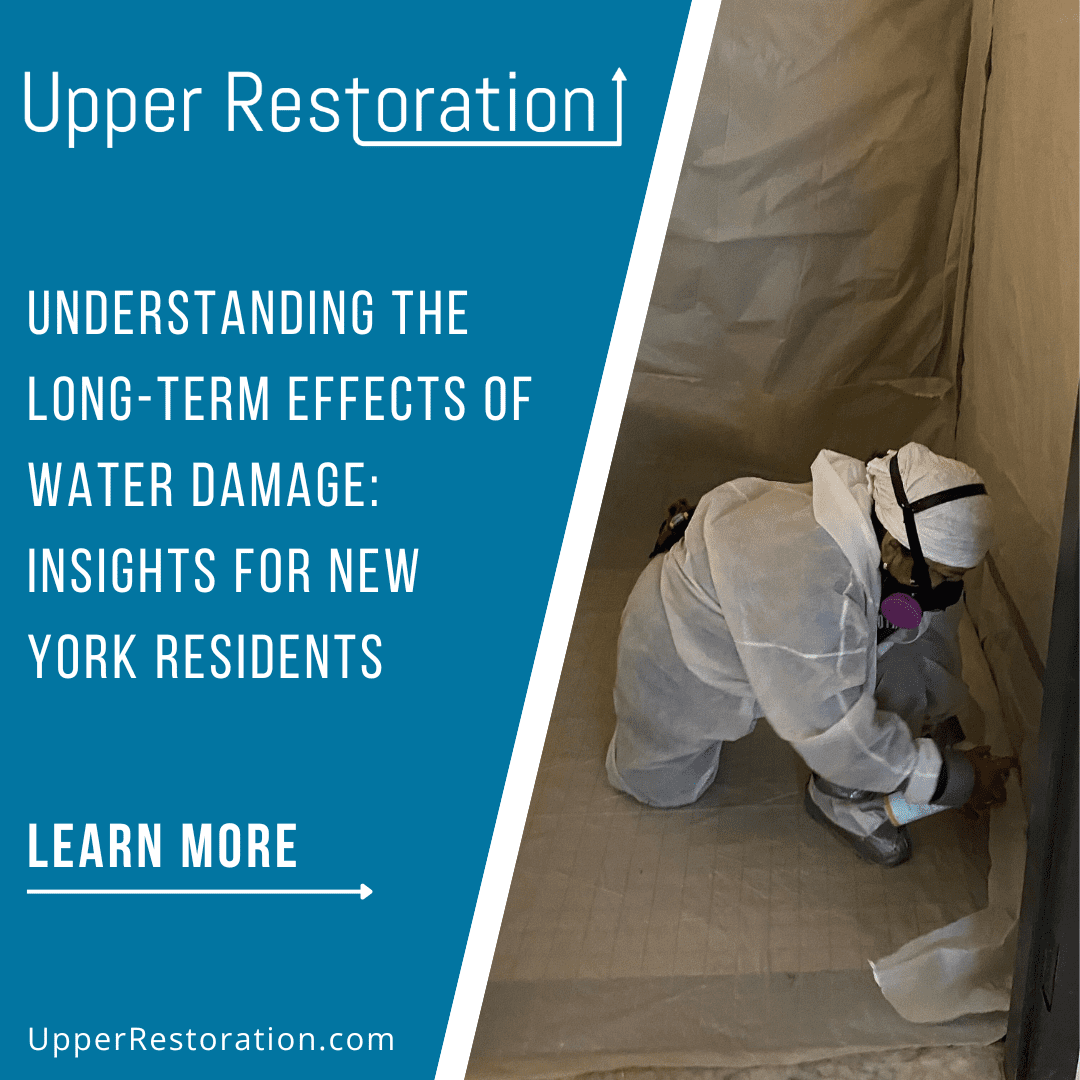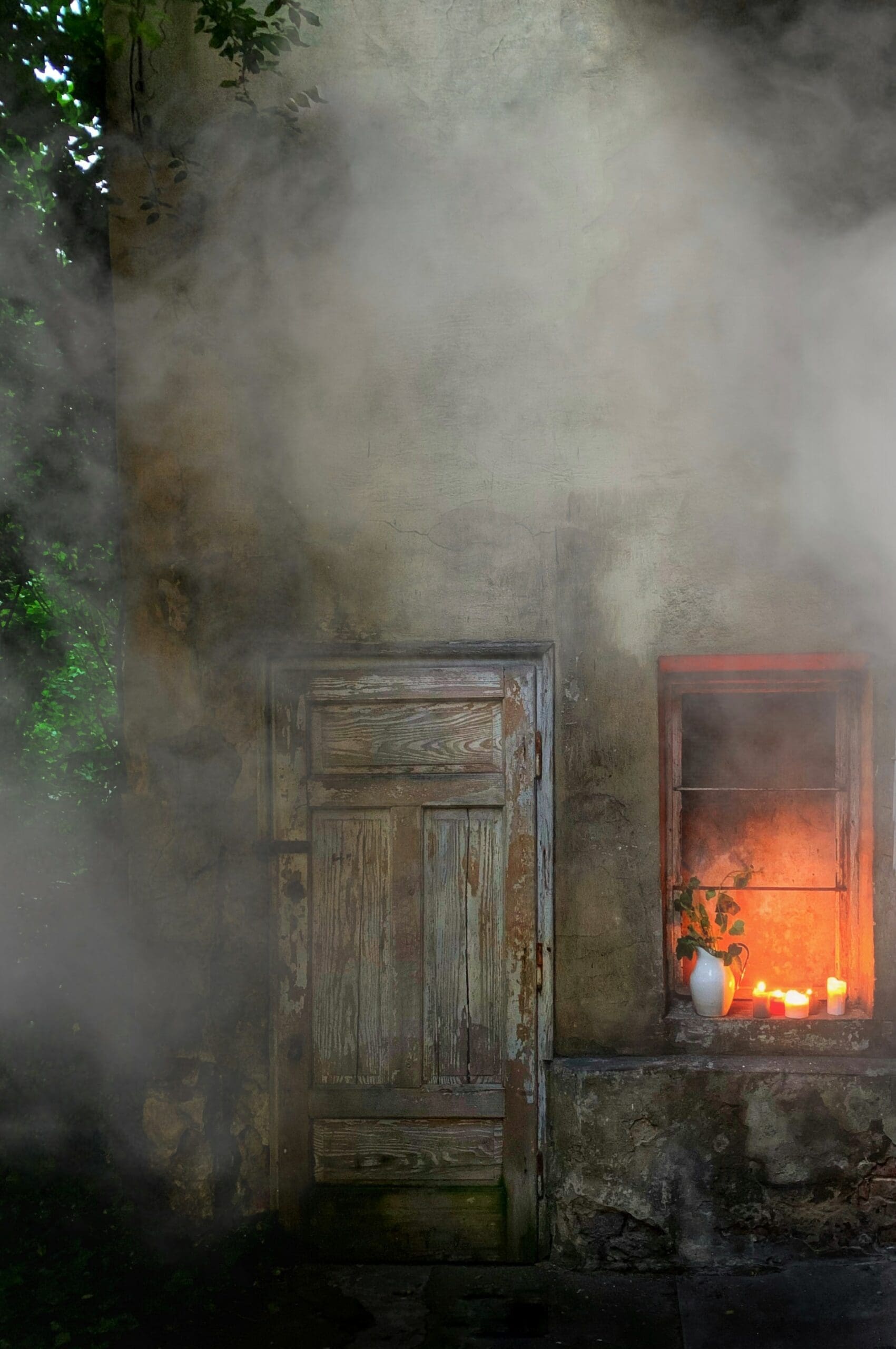Key Takeaways for Melville Commercial Property Managers: Managing commercial properties in Melville, a major Suffolk County business hub, demands strict adherence to NYS regulations for mold (Article 32) and asbestos (ICR 56). Key responsibilities include mandatory asbestos surveys before renovations, engaging separate NYS-licensed professionals for mold assessment and remediation, maintaining extensive documentation, ensuring tenant safety through formal communication, and proactive risk management. Partnering with certified experts like Upper Restoration is crucial for compliance and safety.
Managing commercial properties in Melville, home to numerous corporate headquarters and businesses along key transit corridors like the Long Island Expressway (LIE), involves navigating a complex landscape of tenant needs, building maintenance, and stringent regulatory requirements. This guide specifically addresses two critical environmental hazards for commercial property managers: mold and asbestos. Understanding your responsibilities under New York State law, the importance of professional intervention, and the services offered by certified companies like Upper Restoration is essential for protecting tenants, maintaining property value, and ensuring legal compliance.
Managing Mold in Melville Commercial Properties
Mold growth in commercial settings can stem from various sources common in larger buildings, including HVAC systems, plumbing leaks, roof issues, or water intrusion following storms. Given the potential for widespread impact in office buildings, warehouses, and retail spaces common in Melville, plus associated health concerns and liability issues, prompt and compliant remediation is critical.
Common Dangerous Mold Species
Be aware of potentially hazardous molds sometimes found indoors:
- Stachybotrys chartarum (often called “black mold”)
- Aspergillus species (can be found in HVAC systems and damp areas)
- Penicillium species (common on water-damaged materials)
NYS Mold Regulations (Article 32) – Key Commercial Requirements
New York State’s Mold Program (Article 32) sets strict standards for projects involving more than 10 square feet of mold:
- Licensing is Mandatory: Only NYS Department of Labor (DOL)-licensed Mold Assessors can evaluate mold issues and create remediation plans. Only NYS DOL-licensed Mold Remediation Contractors can perform the cleanup.
- Separate Roles Required: The same company cannot perform both the mold assessment (inspection and testing) and the mold remediation on the same project. This prevents conflicts of interest.
- Detailed Work Plan: A licensed Assessor must provide a comprehensive mold remediation plan, outlining containment, Personal Protective Equipment (PPE) requirements, cleanup methods, and clearance criteria.
- Contractor Compliance: The licensed Remediation Contractor must strictly follow the Assessor’s work plan.
- Post-Remediation Assessment: After remediation, the Assessor must conduct a final assessment to ensure the mold has been effectively removed according to the plan.
Key Finding: Failure to use NYS-licensed professionals and follow Article 32 procedures can result in significant fines and liability. Suffolk County relies on these NYS regulations without imposing additional county-specific licensing mandates sometimes found elsewhere on Long Island.
Upper Restoration’s Commercial Mold Services for Melville
Upper Restoration provides NYS-compliant mold services essential for Melville commercial properties:
- Licensed Remediation: Employing NYS DOL-licensed technicians who adhere strictly to assessment work plans and state regulations. Explore Mold Removal, Remediation, and Testing.
- Emergency Water Damage Response: Offering 24/7 service to address water intrusion immediately, minimizing mold growth potential – crucial after storms or plumbing failures. See Water & Flood Damage Restoration.
- Containment & Safety: Implementing proper containment and safety protocols to protect building occupants during remediation.
⚠️ Navigating Asbestos in Melville Commercial Buildings
Asbestos-containing materials (ACMs) are common in older commercial buildings (generally pre-1980s) which may exist alongside newer developments in Melville. Common locations include flooring, insulation (pipe, boiler, duct), roofing, siding, and ceiling tiles. Disturbing these materials during maintenance, renovation, or demolition can release hazardous fibers, leading to serious health risks and legal liabilities.
NYS Asbestos Regulations (ICR 56) – Key Commercial Requirements
NYS Industrial Code Rule 56 (ICR 56) governs asbestos handling:
- Mandatory Asbestos Surveys: Before any renovation, demolition, or repair project that could disturb building materials, a NYS DOL-certified Asbestos Inspector must conduct a thorough survey to identify ACMs.
- Certified Professionals Only: All asbestos abatement work (removal, encapsulation, enclosure) must be performed by NYS DOL-certified Asbestos Contractors employing certified Asbestos Handlers. Specific training is mandated.
- Strict Work Procedures: ICR 56 mandates specific procedures for containment, air monitoring, worker protection (PPE), and waste disposal.
- Notification: Abatement projects often require notification to NYSDOL and potentially other agencies.
- Permits: Work often requires permits from the Town of Huntington Building Department (which covers Melville).
Key Finding: Non-compliance with ICR 56 carries severe penalties and significant health risks for workers and occupants. Adherence to NYS DOL rules is the primary requirement in Suffolk County.
Upper Restoration’s Commercial Asbestos Services for Melville
Upper Restoration offers certified asbestos abatement crucial for commercial property compliance in Melville:
- Certified Abatement: Utilizing NYS DOL-certified professionals who strictly follow ICR 56 regulations. See Services – Asbestos Abatement and Removal.
- Compliance Assurance: Ensuring all necessary surveys, notifications, work procedures, permits, and disposal requirements are met.
- Safety Focus: Prioritizing the safety of building occupants and workers through rigorous containment and monitoring. Understand the risks: Asbestos Insulation and Mesothelioma: What You Need to Know.
- Emergency Availability: Providing 24/7 response for urgent asbestos concerns.
🏢 Commercial vs. Residential Requirements: Key Differences
Managing mold and asbestos in commercial properties involves significantly stricter regulations and higher stakes than in residential settings. Key differences are illustrated below:
Key differences often include:
- Regulatory Thresholds & Scope: State regulations apply broadly, but the scale of commercial projects often means regulations are triggered more frequently and involve more complex scenarios.
- Inspection Frequency & Scope: Commercial properties typically warrant more frequent and comprehensive inspections due to complex systems and higher occupancy.
- Documentation: Record-keeping requirements are more critical for commercial properties to demonstrate compliance and manage liability.
- Liability & Insurance: Liability exposure is generally higher for commercial properties, often necessitating more specific insurance coverage.
- Response Time & Business Impact: Addressing issues quickly is crucial in commercial settings to minimize business disruption and tenant impact.
- Professional Certifications: While NYS licenses are required for regulated work in both settings, the complexity of commercial projects often demands contractors with extensive commercial experience.
- Tenant Communication: Formal communication protocols are more critical in multi-tenant commercial buildings.
Significance: The stricter practical requirements for commercial properties reflect the larger scale, higher occupancy, and increased liability associated with properties like those in Melville. Compliance is not just best practice; it’s a legal necessity. Key areas demanding higher rigor often include documentation, liability management, and inspection frequency.
📊 Risk Assessment & Compliance Considerations in Melville
Understanding risk levels and compliance necessities is crucial for effective management in commercial settings:
Key Risk & Compliance Factors:
- High-Impact Areas: Based on general principles of property management and regulatory focus, key areas demanding attention include:
- Documentation: Maintaining complete and accurate records is high-risk if neglected, and requires high compliance effort.
- Emergency Response: Having robust protocols is critical for mitigating sudden issues.
- Initial Assessment: Proper assessment by qualified professionals at the outset is fundamental to effective management.
- High Compliance Needs: Essential compliance activities include:
- Thorough Documentation: Vital for demonstrating compliance and managing liability.
- Initial Professional Assessment: Engaging qualified experts early is crucial.
- Regular Monitoring & Inspections: Proactive checks are necessary to prevent minor issues from escalating.
📋 Property Management Responsibilities in Melville
As a commercial property manager in Melville, your responsibilities regarding mold and asbestos are extensive:
- ✅ Regulatory Compliance: Ensure strict adherence to NYS DOL regulations (Article 32, ICR 56) and Town of Huntington building codes and permit requirements.
- ✅ Proactive Inspections: Implement a schedule for regular property inspections by qualified personnel to identify potential water intrusion, mold growth, or deteriorating ACMs early. Focus on high-risk areas like HVAC systems, basements, flooring, insulation, and roofing.
- ✅ Mandatory Surveys: Never allow renovation, demolition, or repair work that could disturb suspect materials to proceed without first obtaining a certified asbestos survey.
- ✅ Hiring Licensed Professionals: Exclusively engage NYS-licensed/certified assessors, contractors, and workers for all regulated mold and asbestos activities. Always verify current licenses and adequate insurance coverage. Learn about Understanding Restoration Licenses and Certifications: Why They Matter.
- ✅ Diligent Documentation: Maintain meticulous, organized records of all inspections, surveys, work plans, remediation/abatement activities, air monitoring results, waste disposal manifests, and tenant communications. This is critical for compliance and liability management.
- ✅ Tenant Safety & Communication: Implement formal procedures for notifying tenants about potential hazards, remediation work schedules, and safety precautions. Ensure minimal disruption and exposure during remediation.
- ✅ Risk Management & Prevention: Secure appropriate insurance coverage. Respond immediately to water damage incidents to prevent mold growth. Develop contingency plans for environmental issues and implement preventative maintenance programs for HVAC, plumbing, and building envelopes. Address business continuity considerations.
- ✅ Emergency Response Protocols: Establish clear steps for isolating affected areas, notifying authorities (if required), engaging certified professionals promptly, and communicating effectively with occupants upon discovery of hazardous materials or conditions.
🛡️ Choosing the Right Professional Partner in Melville
Selecting the right environmental remediation company is critical for compliance, safety, and operational continuity in Melville’s commercial sector.
Why Licensed & Certified Professionals Matter
- Legal Compliance: Avoids significant fines and legal liability associated with non-compliance with NYS regulations.
- Safety: Ensures work is performed using mandated safety protocols, protecting occupants and workers.
- Effectiveness: Guarantees that remediation is thorough and meets state standards, verified by clearance testing where required.
- Insurance & Liability: Licensed contractors carry required insurance, protecting the property manager and owner from financial risk.
Upper Restoration: Your Melville Commercial Partner
Upper Restoration is equipped to meet the demanding needs of Melville commercial property managers:
- ✅ Full Long Island Coverage: Serving Melville and all surrounding commercial areas.
- ✅ 24/7 Emergency Response: Available around the clock for urgent water, mold, or asbestos issues.
- ✅ Licensed & Certified: Holding all necessary NYS DOL licenses for mold and asbestos work.
- ✅ Experienced in Commercial Settings: Understanding the complexities of working in occupied commercial buildings and minimizing operational impact. Demonstrable experience in similar commercial properties is key.
- ✅ Free Consultations: Offering free, same-day consultations to assess damage and discuss compliant remediation strategies. Reach out via the Contact page or request a Free Consultation.
- ✅ Comprehensive Services: Providing a full suite of services including water damage restoration, mold remediation, asbestos abatement, fire restoration, sewage cleanup, and general construction.
Conclusion: Proactive Management for Melville Commercial Properties
Effectively managing mold and asbestos in Melville commercial properties requires a proactive approach centered on strict regulatory compliance with NYS laws and prioritizing tenant safety. Given the stringent state regulations, the potential for high occupancy exposure in Melville’s business environment, and the specific environmental risks associated with building age and systems, partnering with highly qualified, licensed professionals like Upper Restoration is not just advisable, it’s essential for responsible property management. Taking these steps protects your tenants, your property investment, and your reputation.
Need expert help with mold or asbestos compliance in your Melville commercial property? Contact Upper Restoration 24/7 for a Free Consultation.




